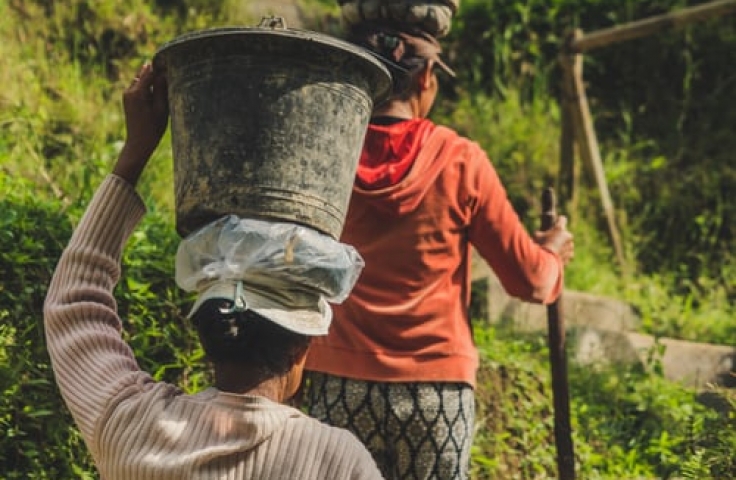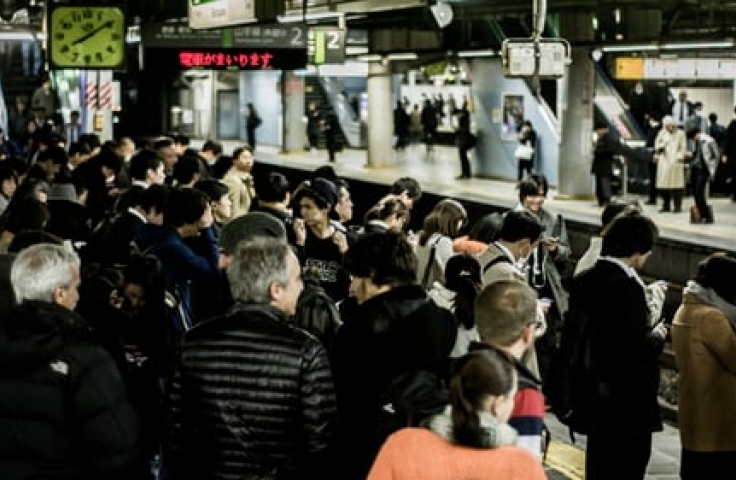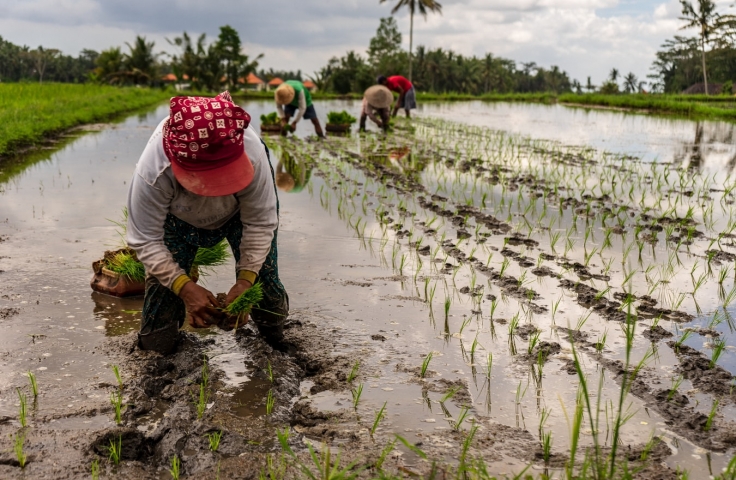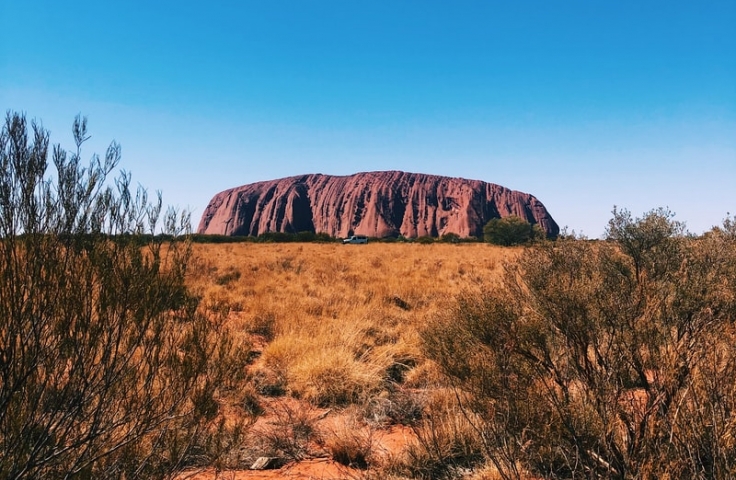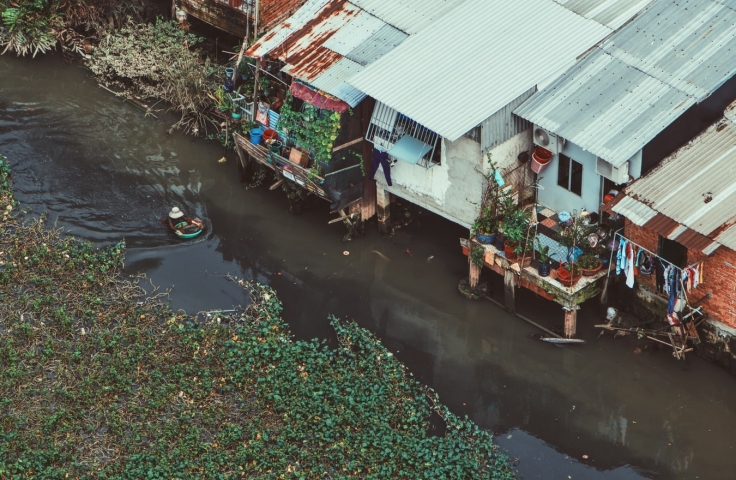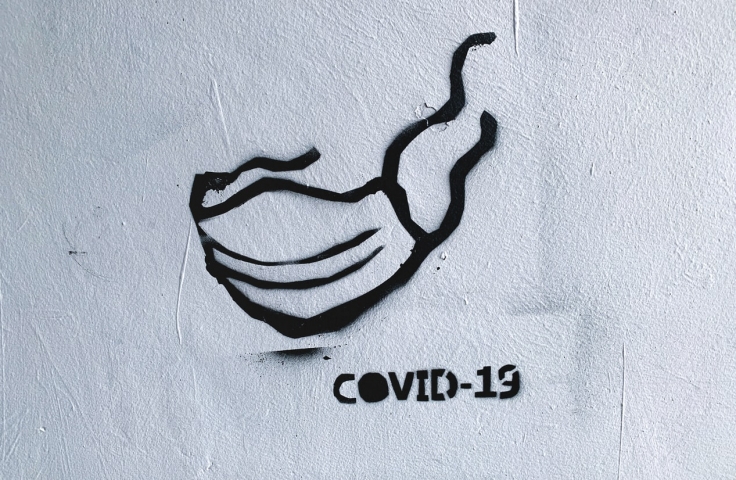Our thoughts are with all of you, your families and colleagues, as we all work collectively to keep our communities healthy and socially connected despite the physical distancing that is currently our shared experience. We are grateful to those on the front line who are working tirelessly co-ordinating responses, delivering health care, researching potential vaccines, maintaining essential services and stores, caring for others within or outside the home, and everything in between.
As we face this threat together, we are reminded of the strength of solidarity. IGD has been in contact with our partners around the world to send our support, and we are tracking how their governments and communities are responding to COVID-19. We have been humbled by the many messages of support and solidarity we have received in return.
We are also monitoring the development challenges that are emerging from, or exacerbated by, this crisis. Who is affected by this pandemic, how lives are disrupted, and the capacities of individuals, communities and governments to respond serves to highlight many pre-existing inequalities – of wealth, income security, access to health care or other essential resources. This crisis will disrupt global aid and humanitarian systems and set back the development trajectories of many low-income countries and communities.
We are concerned about issues such as the gendered nature and impacts of crisis; the disruption to employment and food supply chains; the inclusion of Indigenous communities; the likely impacts on overcrowded cities and informal settlements; or whether health care and social protection systems can extend assistance to the increased number who will be in desperate need. Underpinning these issues are also questions related to human rights, increasing surveillance and the potential erosion of civil liberties in these exceptional times.
We have digested some articles that explore these issues and provide some links here to critical issues we have identified.
Dr Sarah Cook
Director - Institute for Global Development
